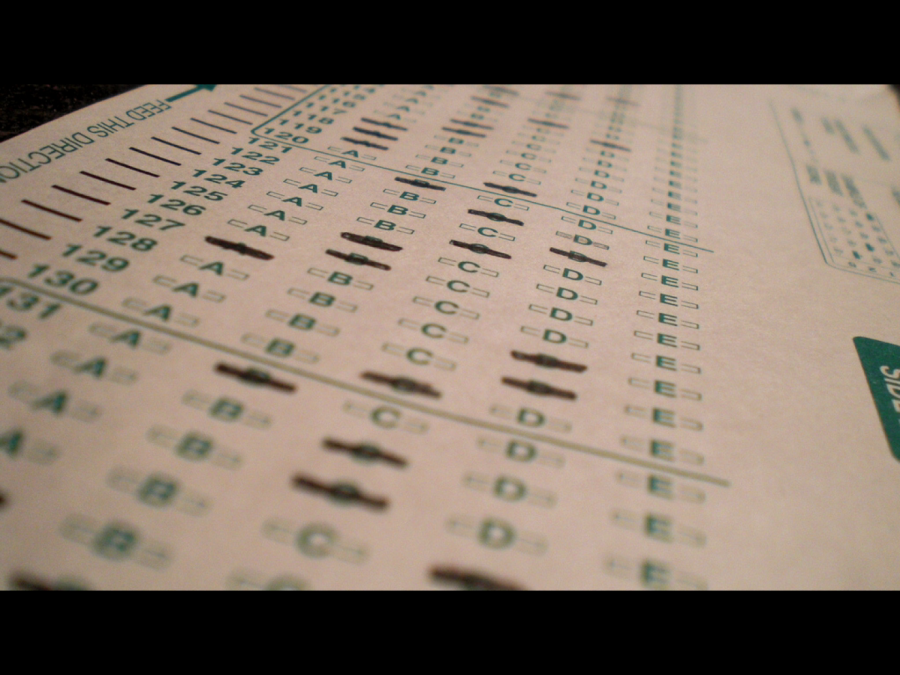Standard of inequality
Elementary and middle school students in Michigan are required to take a state-administered standardized test. While it is important to ensure that students are receiving proper education, an environment that revolves around tests is toxic. This environment squashes creativity and life skills, putting emphasis on children who can test well.
Further down the road, high school students are expected to prepare for the ACT and SAT in order to be admitted into most universities. ACT and SAT test scores greatly influence the university admissions process. However, these tests do not accurately measure the potential for success.
Technically, every student can take the ACT up to 12 times and the SAT as many times as they would like, as long as they pay for the tests. Thus, the wealthier have an upper hand. Not only can they pay to take the test numerous times, they can pay for a tutor or classes to raise their scores.
According to The Princeton Review, “one-on-one tutoring sessions ensure you’ll get on-the-spot feedback and customized lessons to your needs and learning style.” Often, tutors can cost over $80 per-hour.
This is unfair, as the score received may just be a reflection of the amount of money put into the test. Because test sign-ups begin months in advance, it is possible for students to have to take a test while they are sick and not able to perform to their full potential. Depending on their financial situation, this could be the score they are stuck with for college applications.
According to Columbia University, “Standardized testing evaluates a student’s performance on one particular day and does not take into account external factors.”
Overall, the current academic environment insists that test scores are the be-all and end-all to measure knowledge or potential. And while scores are one indicator of a student’s performance on one particular day, it is unfair for colleges to weigh standardized test scores so heavily.

